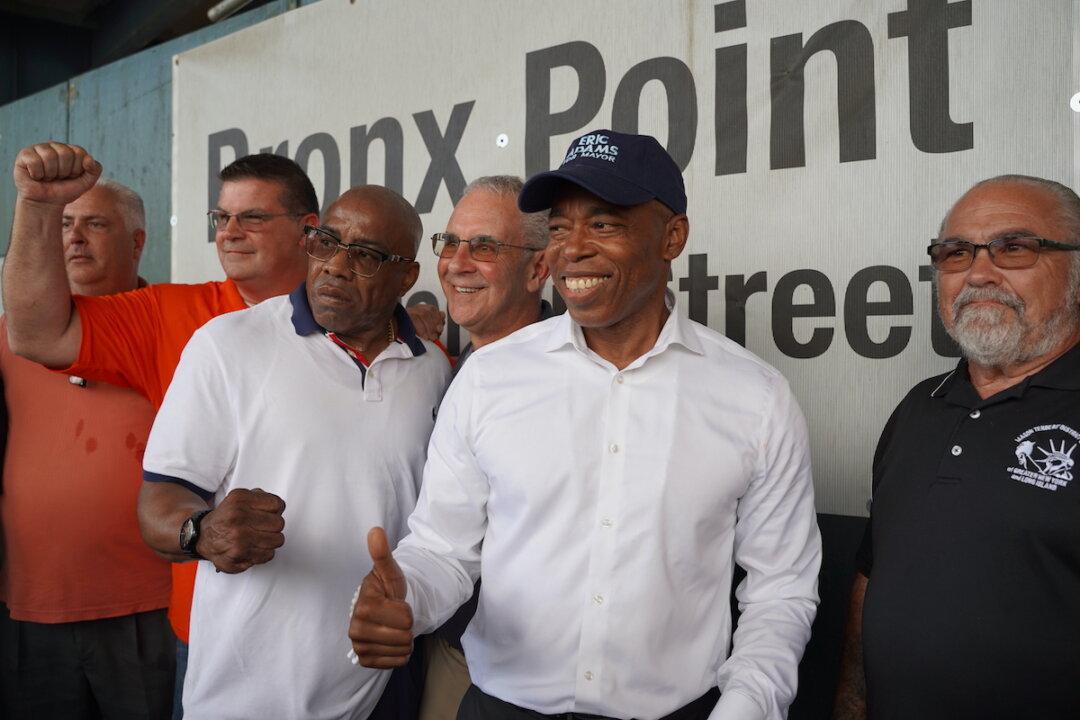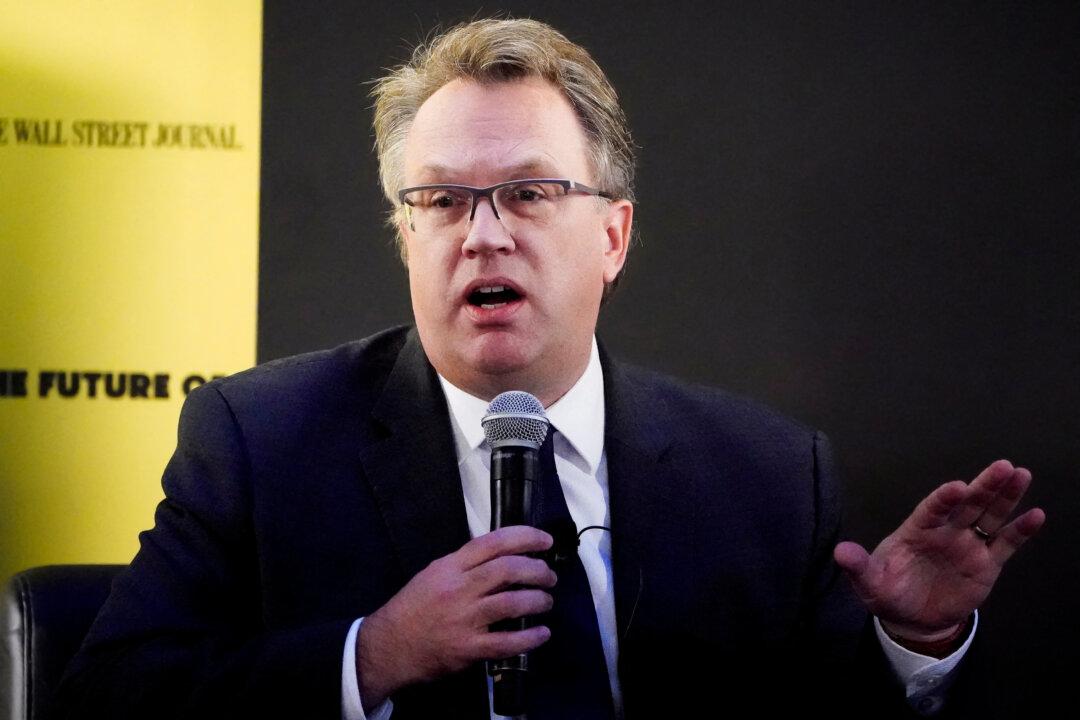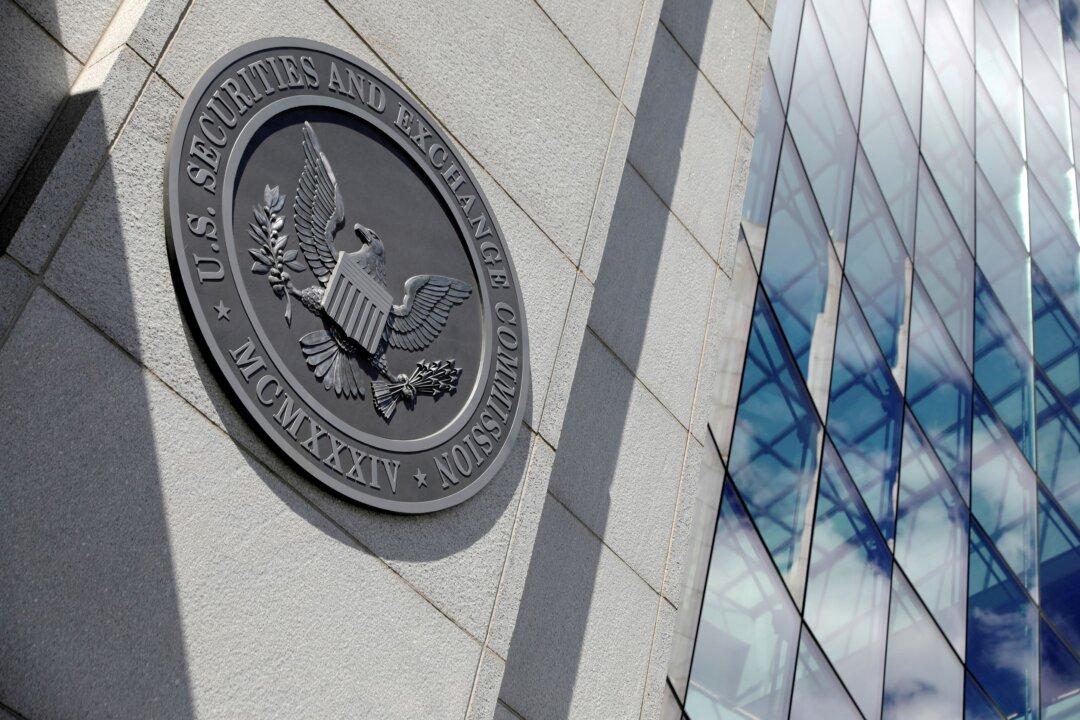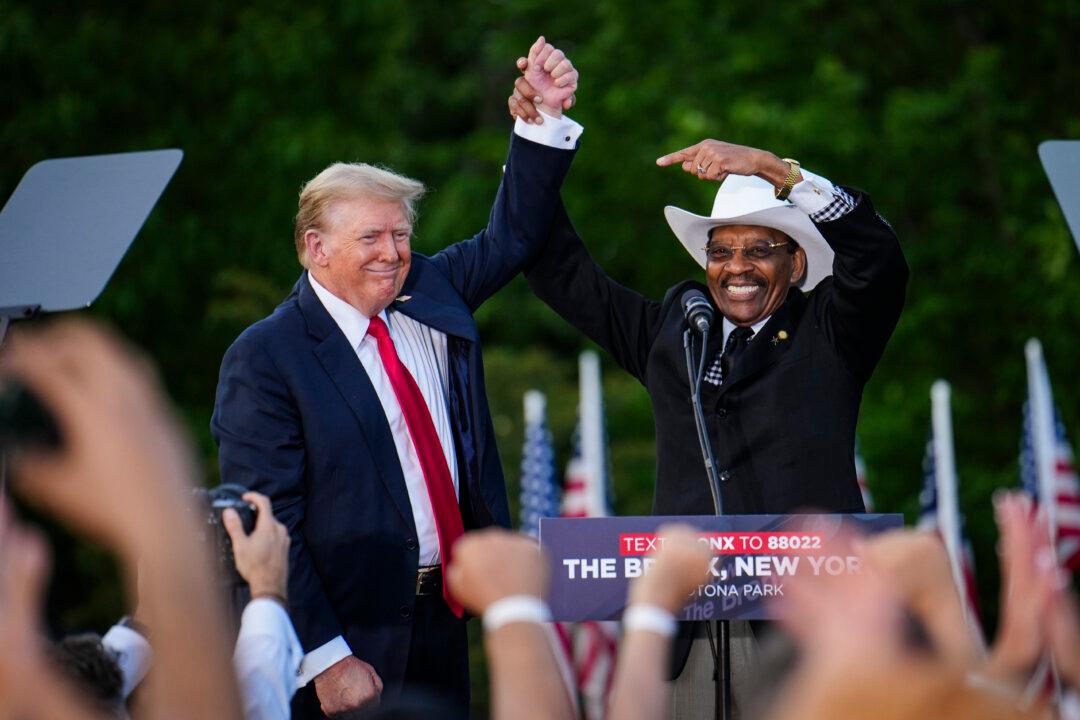NYC Mayoral Democratic Nominee Eric Adams talked about his plan for economic recovery at the annual SALT conference in Javits Center, New York on Sept. 13.
“We are dysfunctional as a city in New York and dysfunctional as a country. And we have to stop feeding the crises that we are experiencing and start going to the underlying causes,“ Adams said. ”New York will no longer be anti-business. This is going to be a place where we welcome business and not turn into the dysfunctional city that we have been for so many years.”




